Why take part in PANDA?
You are being invited to join the PANDA study.
On this page you can find out more about the study and why we think it's important.
On this page, you can:
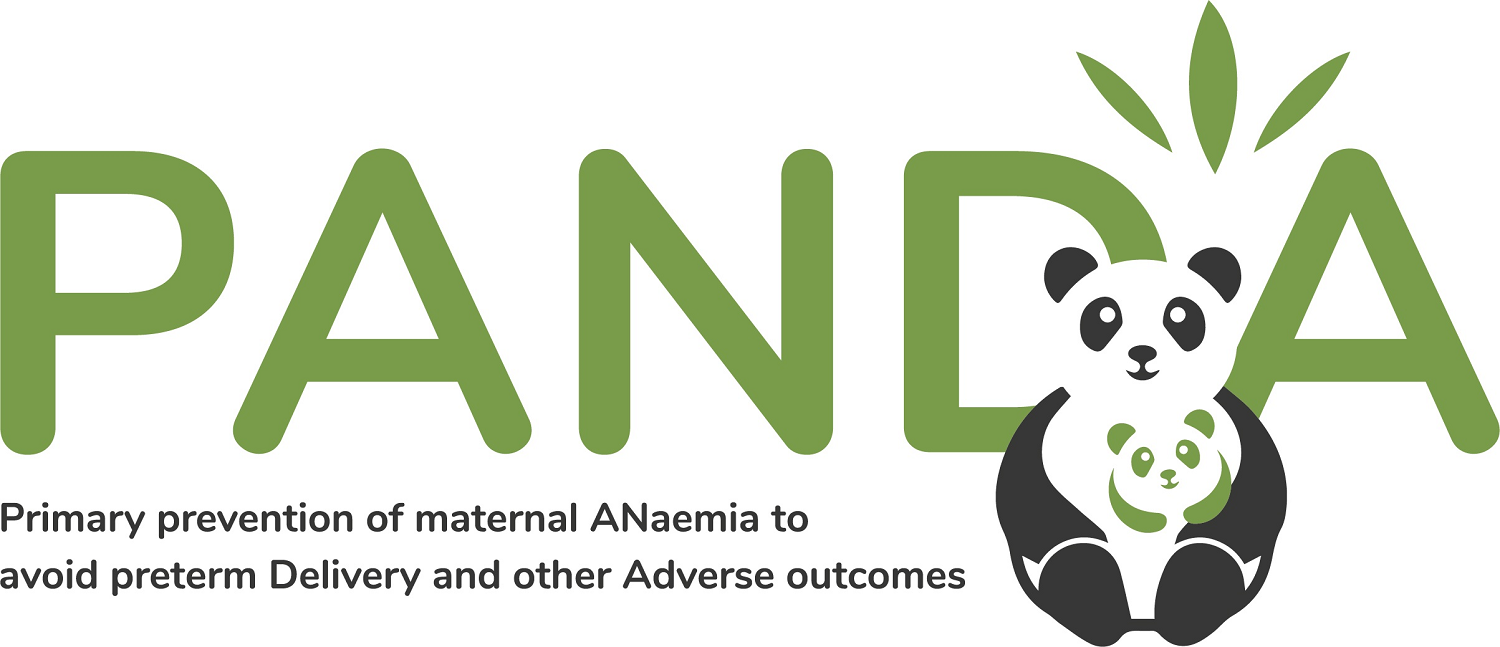
What is anaemia?
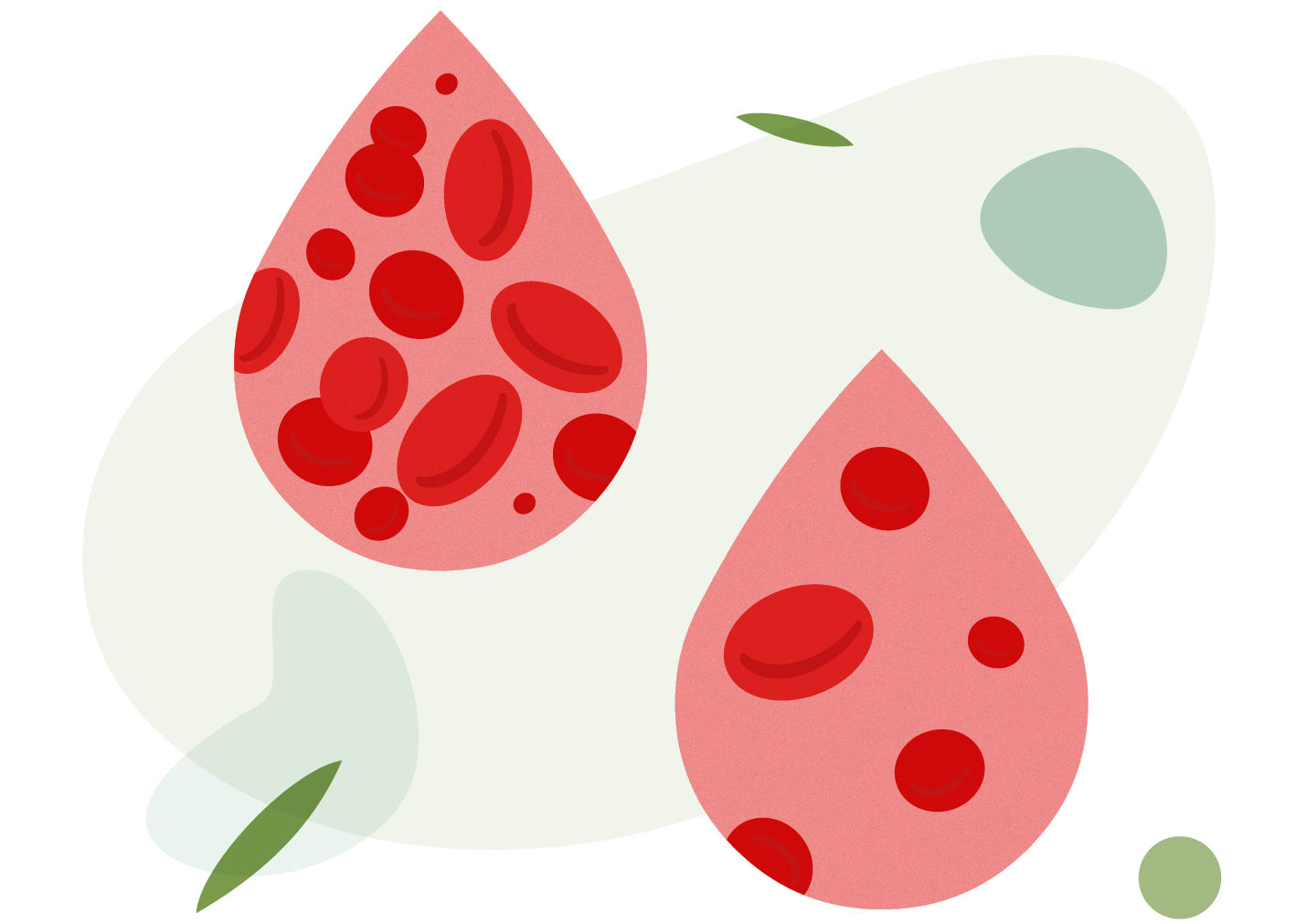
Anaemia is when the body does not have enough red blood cells. The most common cause of anaemia is a lack of iron.
Anaemia is common in pregnancy because the woman, baby and placenta need more iron during pregnancy than when not pregnant, to stay healthy and grow.
How can anaemia affect pregnancy?
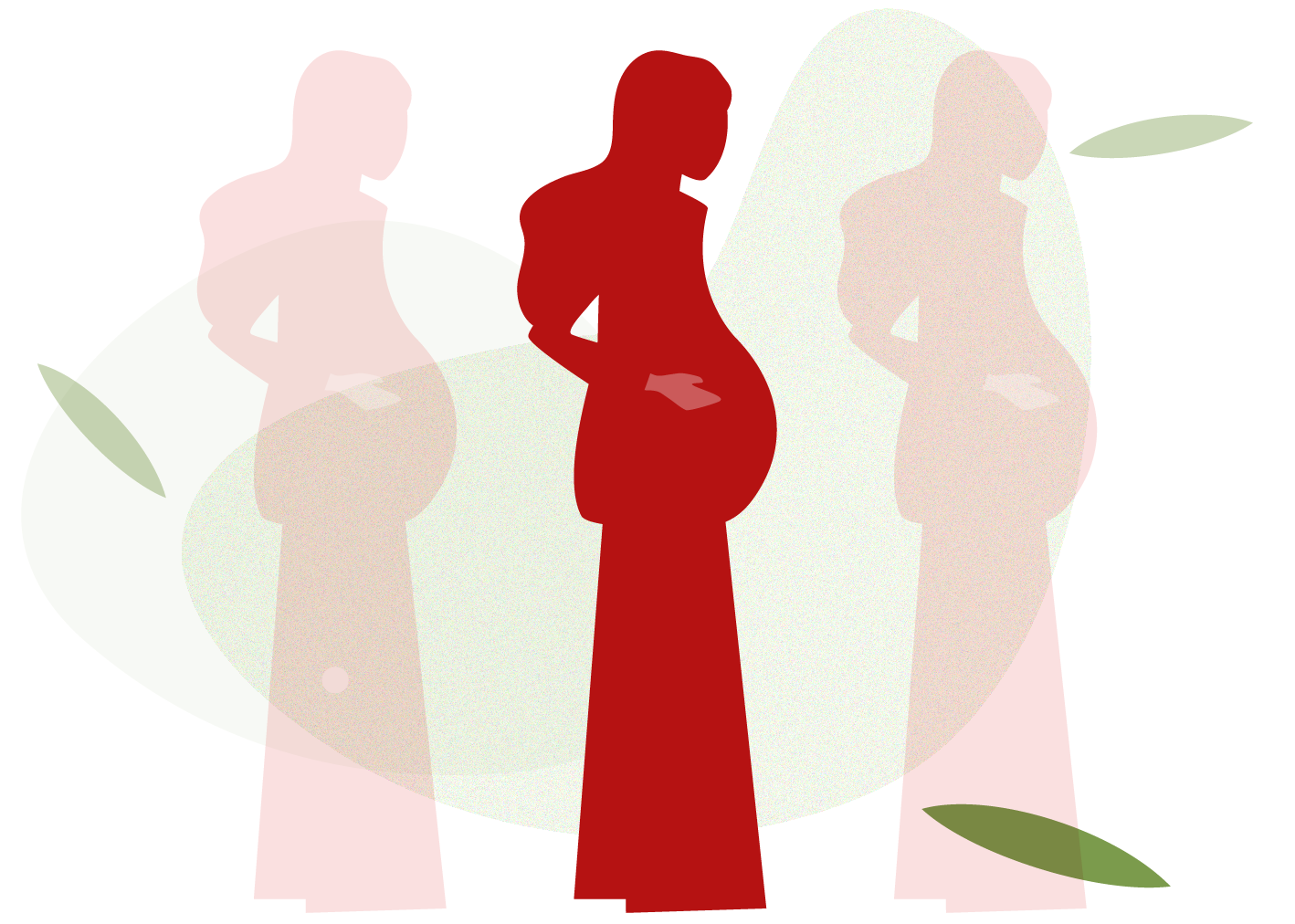
A third of pregnant women in the UK can have anaemia. However, anaemia can be difficult to spot and treat effectively once it develops.
Research suggests that pregnant women with anaemia have a higher risk of having babies that are smaller than expected, babies that are born too early (prematurely) and stillbirths.
Pregnant women with anaemia can also experience a variety of symptoms from tiredness, lethargy, shortness of breath, palpitations, and forgetfulness. Mothers who have anaemia on average have a higher blood loss at the time of giving birth and are more likely to need a blood transfusion as well as surgery to stop the bleeding.
What is the aim of this study?
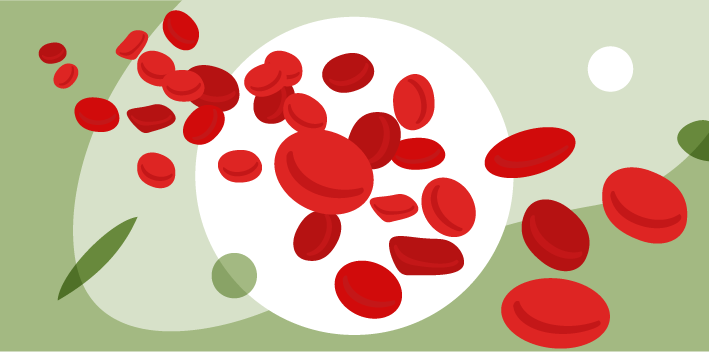
It may be better to prevent anaemia in pregnancy than treat it once it develops.
One way to do this is for women to take iron supplements. Whilst we know that iron supplements are safe for women to take during pregnancy, we don’t yet know if giving iron to prevent anaemia from developing works.
PANDA will help answer the question of whether pregnant women should be recommended to take iron supplements during pregnancy, unless they have a medical reason not to take them.
Why should I take part?
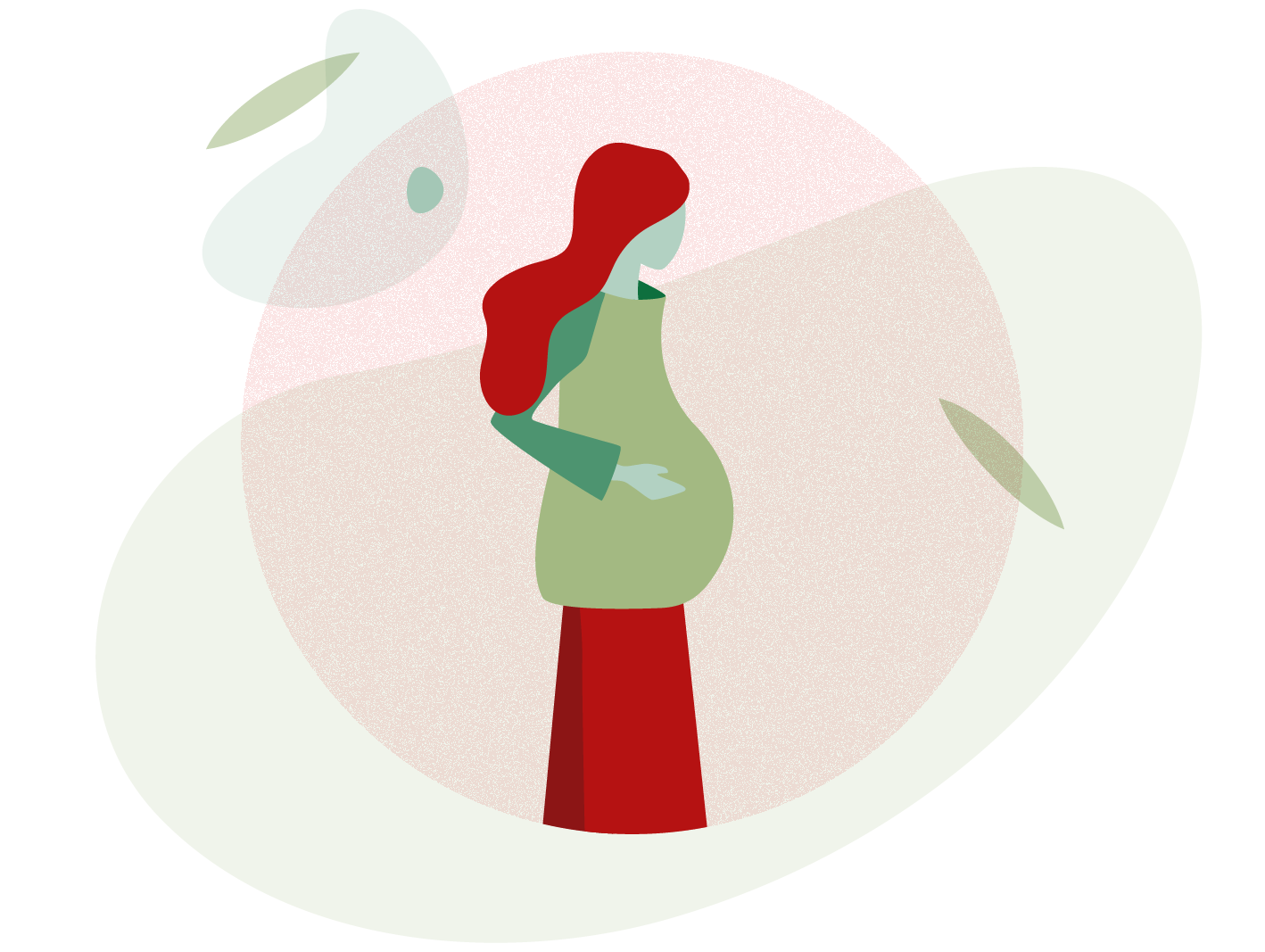
If we find that taking iron tablets during pregnancy works, we think that many cases of maternal anaemia will be prevented, which will benefit women, babies and the health services.
By taking part in PANDA you will be helping to shape the way that millions of women experience pregnancy in the future.
Further information
If you have any questions for the researchers or would like further information, please do feel free to get in touch with the research team by emailing PANDA@nhsbt.nhs.uk.

